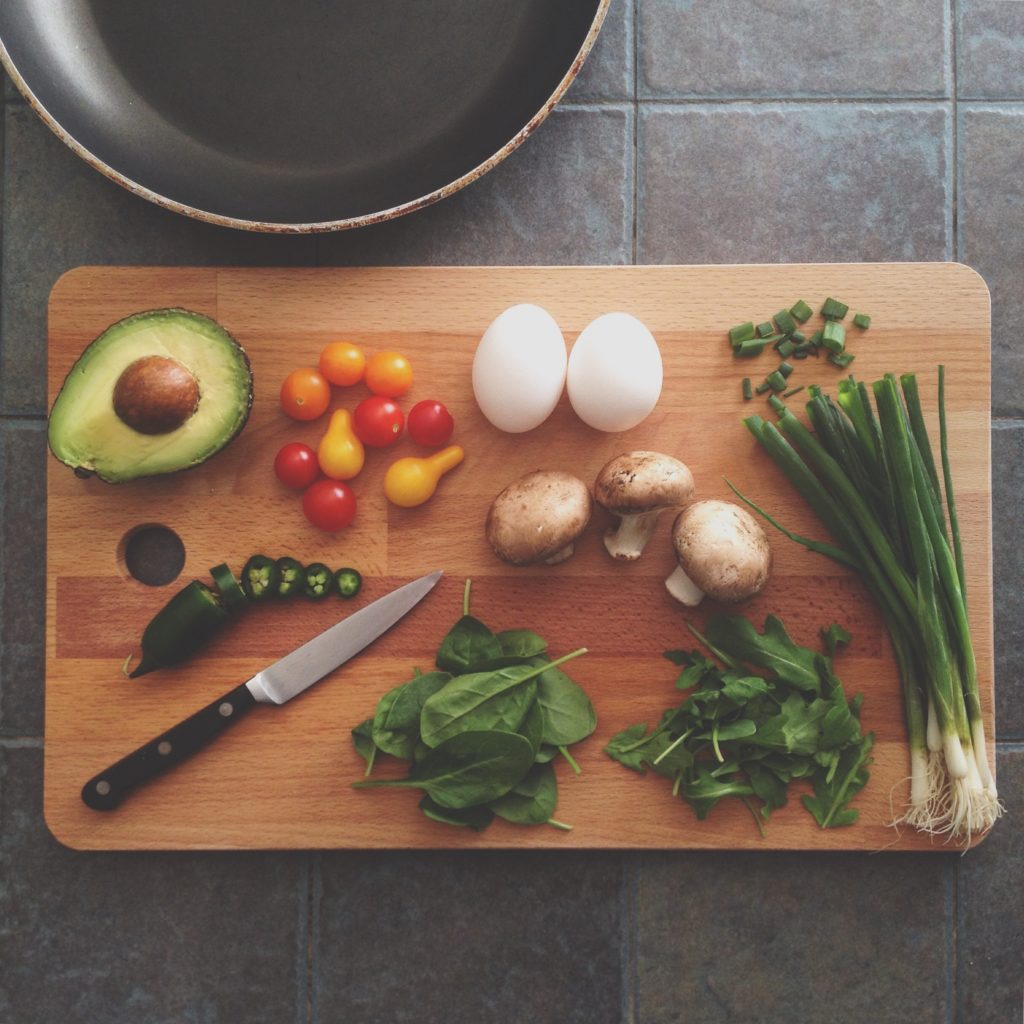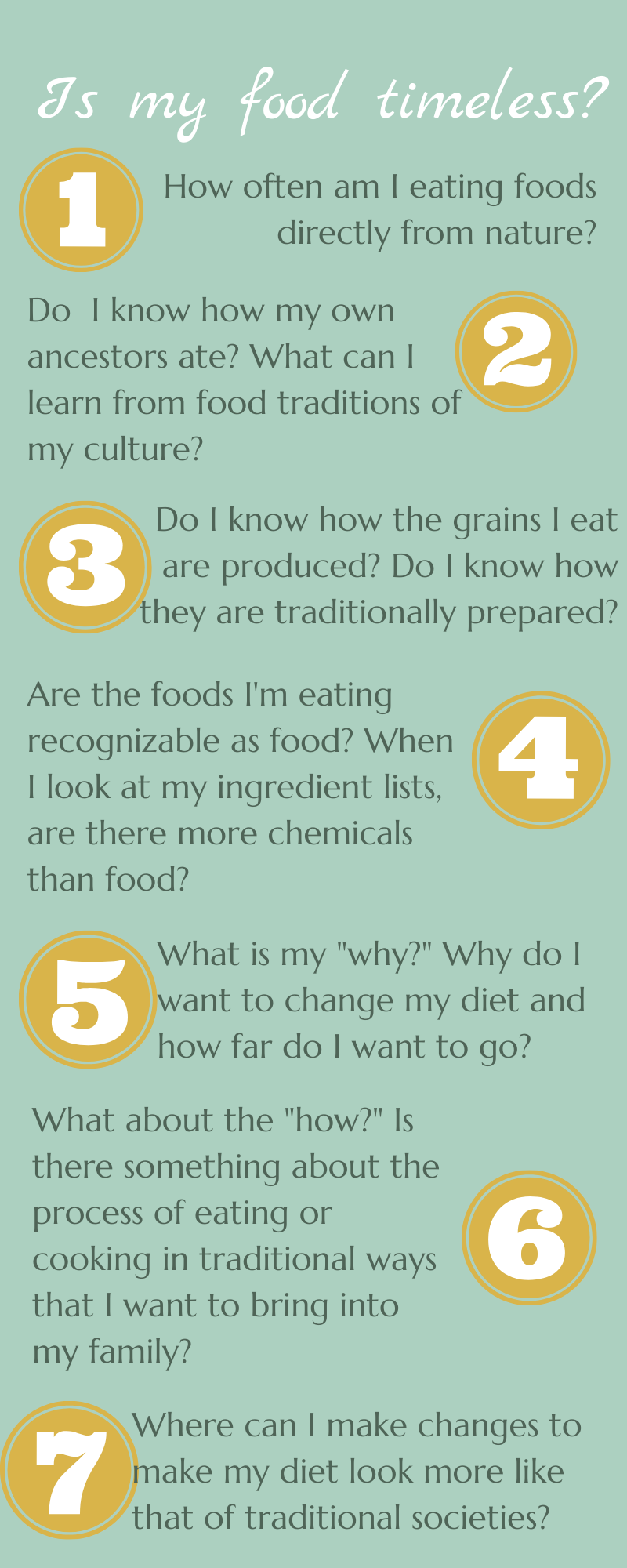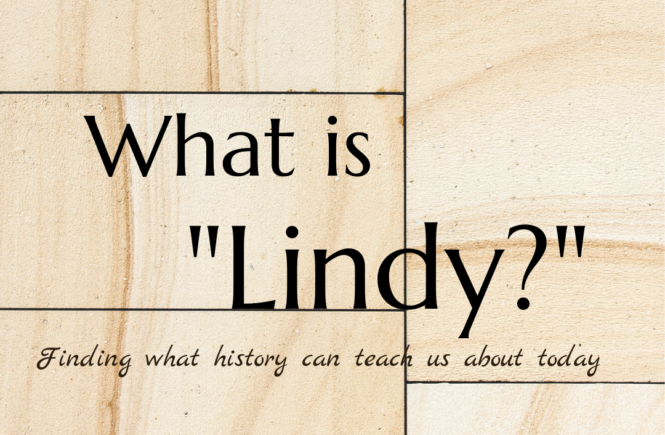
Eat meat. Or maybe not.
Skip carbs. I mean dairy. No, wait, nuts.
Soda? Sugar? Is there such a thing as too much fruit??
You can find a study about food that will tell you just about anything you want to hear. And if all you want is to know for sure what the best diet really is, researching and experimenting can just about have you ready to pull your hair out.
Ask me how I know.
Because of unexplained digestive issues, chronic fatigue, fertility issues, and unexplained joint pain between us two newlyweds, we got really serious about diet a few years ago.
The problem was, the research pointed us in so many different directions, we tended to bounce aimlessly from one strategy to another.
Sadly, this isn’t a testimonial of the diet that fixed all of those issues for us. This is an area we are still fighting to take baby steps in. (It is amazing how ingrained eating habits are! — Make sure you check out the questions below)
But, this is where our hunt for lindy living really blossomed.
After all, when all of the research points in all the directions, what makes more sense than looking at the food that has been eaten across generations and around the world? If several healthy cultures are all eating the same thing, doesn’t that make sense that we should at least look at it?
After all, while society and habits change rapidly, our human bodies are basically the same as the human bodies walking around on this Earth 3,000 years ago.
That line of thinking brought us to the Weston A. Price Foundation — an organization founded on the observations of, of all things, a dentist, who traveled the world and compiled information on the health and corresponding diets of traditional cultures (AKA, cultures that were living very similar lives to those their ancestors had).
He started out observing teeth, but he couldn’t help noticing other features like strength and baby health and longevity, and he found lots of patterns among the groups that were the healthiest.
Things like eating certain fats, soaking grains, and fermented foods were present in numerous ancient practices and seemingly contributed to their health.
(And there is now science and studies that back up his observations, if you aren’t totally burned out on those.)
As a defining example of lindy living, we bought into this philosophy wholeheartedly.
Not the specific diet per se (we are still struggling to implement it), but the philosophy.
The food philosophy of using what nature has to offer — of using everything from the good bacteria to the natural vitamins that God put into the world in accordance with the bodies he created —— the philosophy that says those people who were most closely observing nature were probably the wisest, and the foods that have lasted from 1,000 B.C. to today are probably worth eating.
So, before you go crazy with soaking and sprouting and buying exotic grains, slow down a minute and think. Think about your food philosophy. What do you know to be true about your health and that of the people around you? What do you want to know more of?
Here are some questions to help you think about what you are doing and where you want to be:


